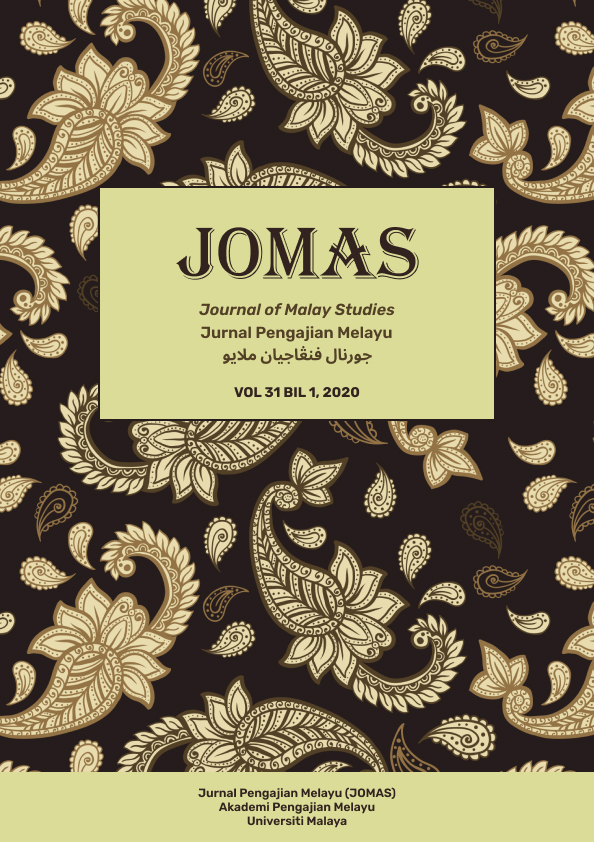KESEJAHTERAAN SUBJEKTIF: HALANGAN DAN CABARAN PESERTA PROGRAM MIKRO KREDIT AMANAH IKHTIAR MALAYSIA DI CAWANGAN KEPONG, WILAYAH SELANGOR DAN KUALA LUMPUR TENGAH SUBJECTIVE WELL-BEING: OBSTACLES AND CHALLENGES OFAMANAH IKHTIAR MALAYSIA MICRO CREDIT PROGRAMME PARTICIPANTS FROM THE KEPONG, REGION OF SELANGORAND CENTRAL KUALA LUMPUR BRANCHES
Main Article Content
Abstract
This study aimed to examine the subjective well-being of Amanah Ikhtiar Malaysia (AIM) participants from the Kepong, Region of Selangor and Central Kuala Lumpur branches. Community development programs such as AIM’s typically set performance objectives based on changes in the amount of income received by participants before and after the program. However, this study examined the views and opinions of participants with regards to the overall quality of their lives. Selected participants of the study comprise those who have participated in the AIM program for at least six (6) months. Research methods and assessments were not only limited to physical changes but also the psychology of the participants. As such, subjective assessment was not only done based on the achievements, amount of money (income) and property owned but it went beyond. In this case, the participants were not only evaluated in the aspect of ownership but they were also assessed on their levels of satisfaction towards health, education, societal and personal achievements (dreams). 13 indicators of subjective well-being were used, but only three (3) most dominant ones were assessed based on the views and opinions of the participants in relation to their subjective well-being.

